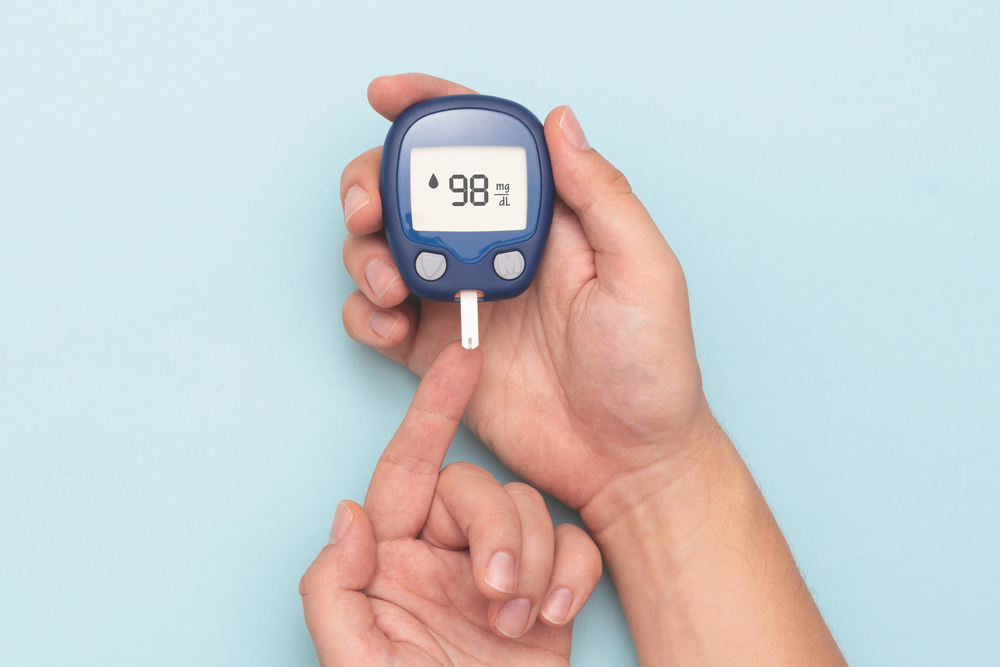Are FMCG companies serious about public health?
A health influencer’s recent social media post over claims of high sugar content in a decades old popular health drink has put the spotlight on sugar content in FMCG products, and particularly in items which claim to have negligible or nil sugar content, in the midst it also managed to stir up the health authorities to seriously consider these gaps as a distortion of facts to consumers and its long term consequences.
By the company’s own admission, every 20 gm of the drink has 7.5 gm of added sugar, which is approximately one-and-a-half teaspoons. This means, for every 100 grams of that drink there is 37.5 gram added sugar. Products that have more than 22.5 gm sugar per 100 gm are considered to be high in sugar, according to the UK’s health regulator. In India, ambiguity still exists.
The National Commission for Protection of Child Rights shot off a stern letter to the head of the company, asking it to withdraw misleading ads and labels. After the incident, there have been umpteen queries about the ingredients of these products. The question that everyone is asking– is the drink healthy at all, as it claims to be. And why did it take this many years and a social media post for consumers and authorities to scrutinize the formula.
Too much sugar can lead to a variety of health problems and is clearly not healthy. Although, the company that produces and markets the drink has refuted the claims made by the influencer in the social media post, the raging debate on social media platforms and the discourse in mass media has done little to assuage the concerns of the general public.
Not only the drink in question, many other products are also guilty of flouting nutritional information guidelines and although there has been considerable awareness about the content of these products, the marketing muscle of these manufacturers manage to spin a narrative suitable to their bottom lines. The wafers category is a prime example of how snacking has been given a stylish makeover by showing celebrities munching on them. It is another matter of debate that they do it with considerable disregard for their passionate followers who consume these products to show their affinity and love.
So, for how long will companies continue to shortchange gullible consumers? It is time the regulators come up with a concrete solution to address these concerns as a large country like India should not allow business corporations to ride roughshod over it. If a company can make false claims about its unhealthy products and mislead people through marketing, can an individual be critical of its tactics and inform people?
Edited by: Queenie Nair, Editor-Sustainability





